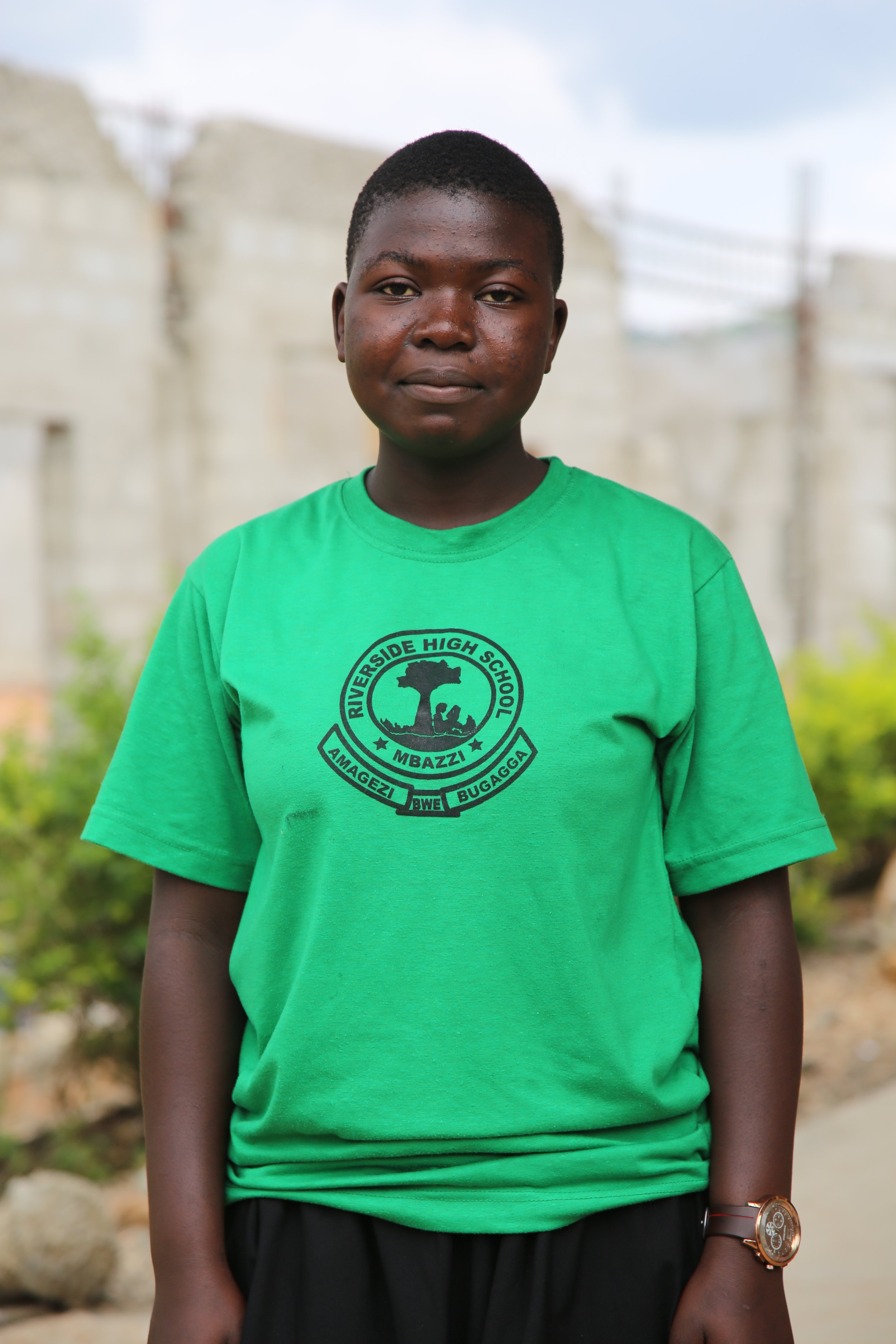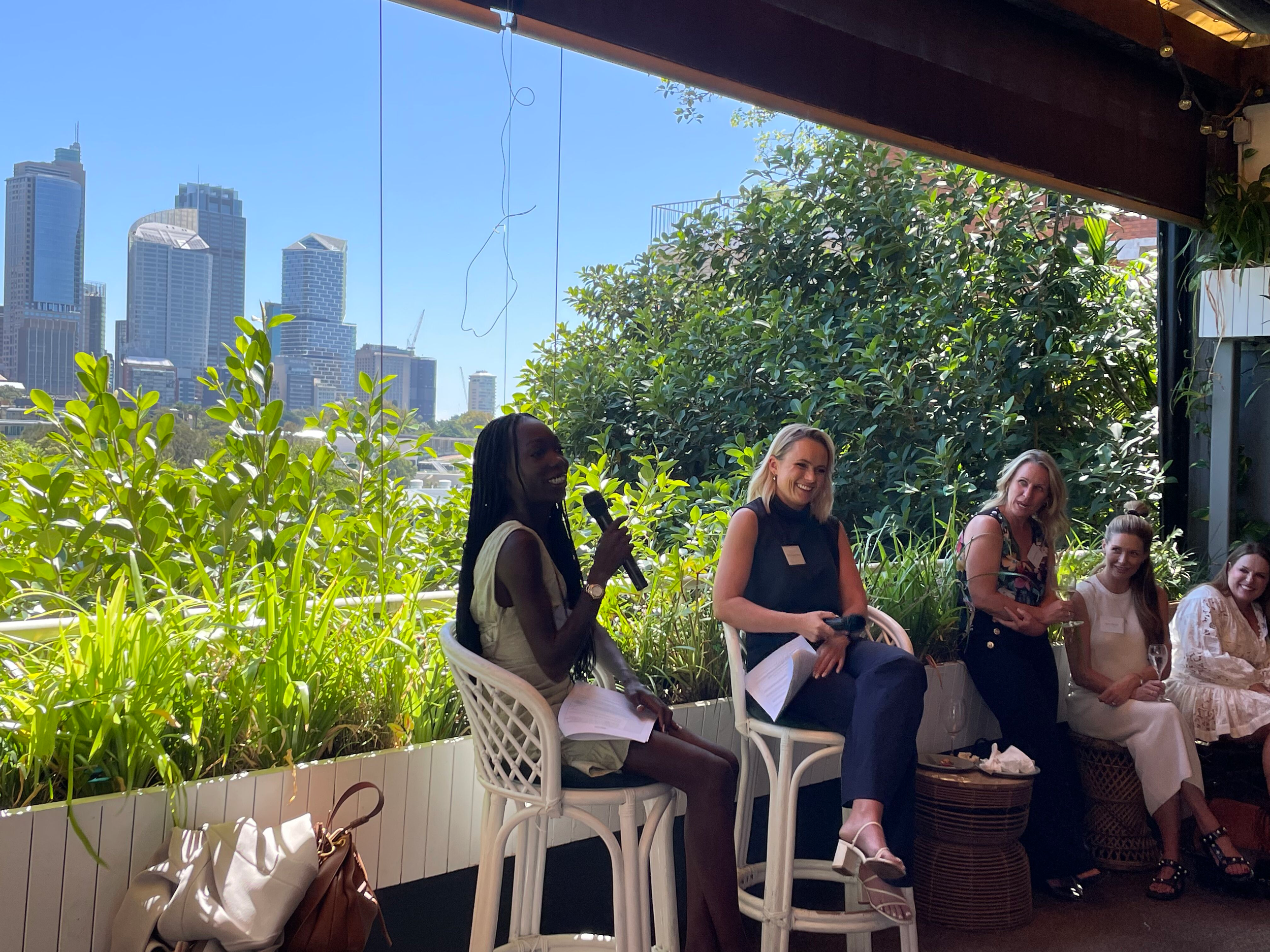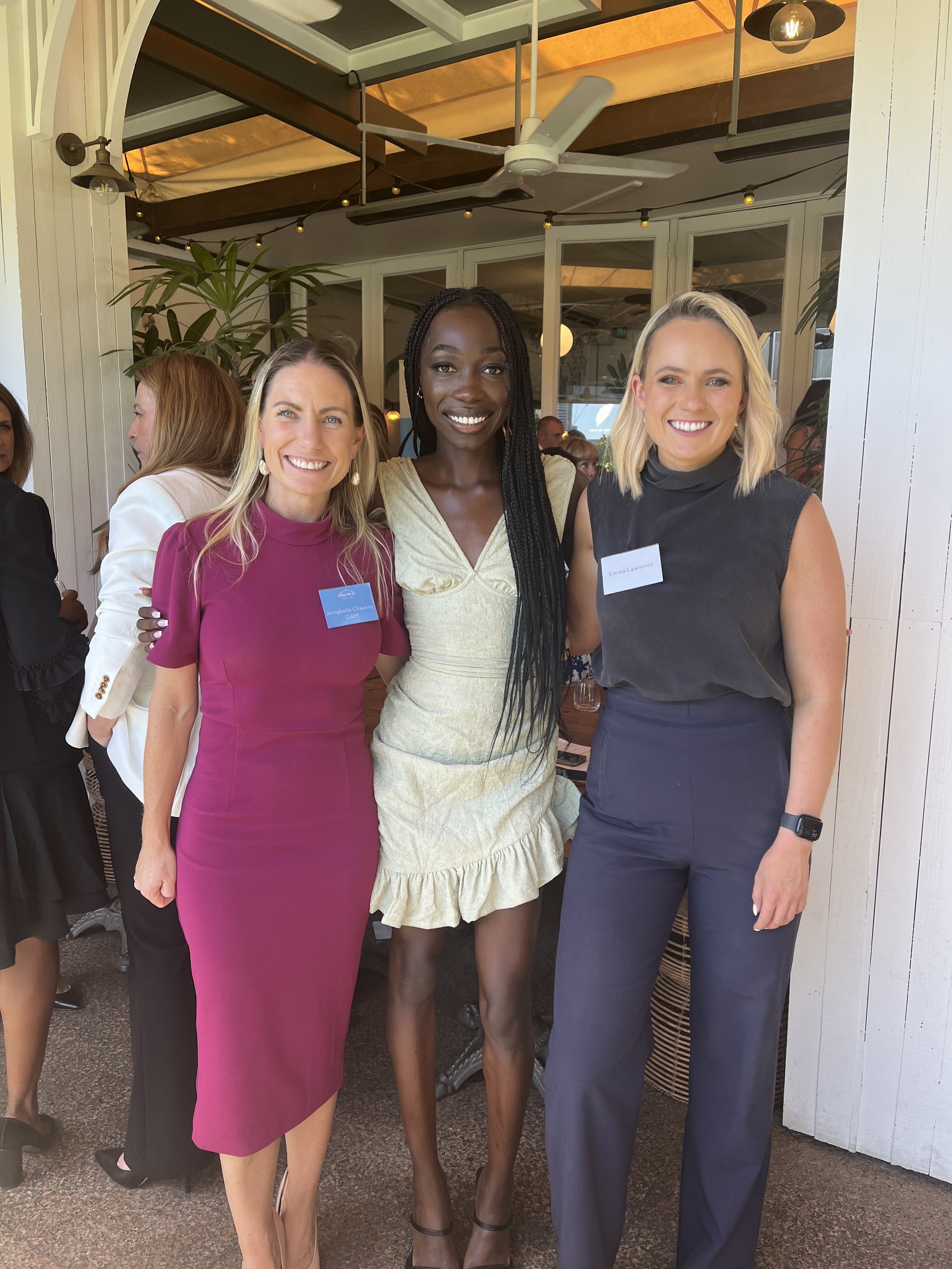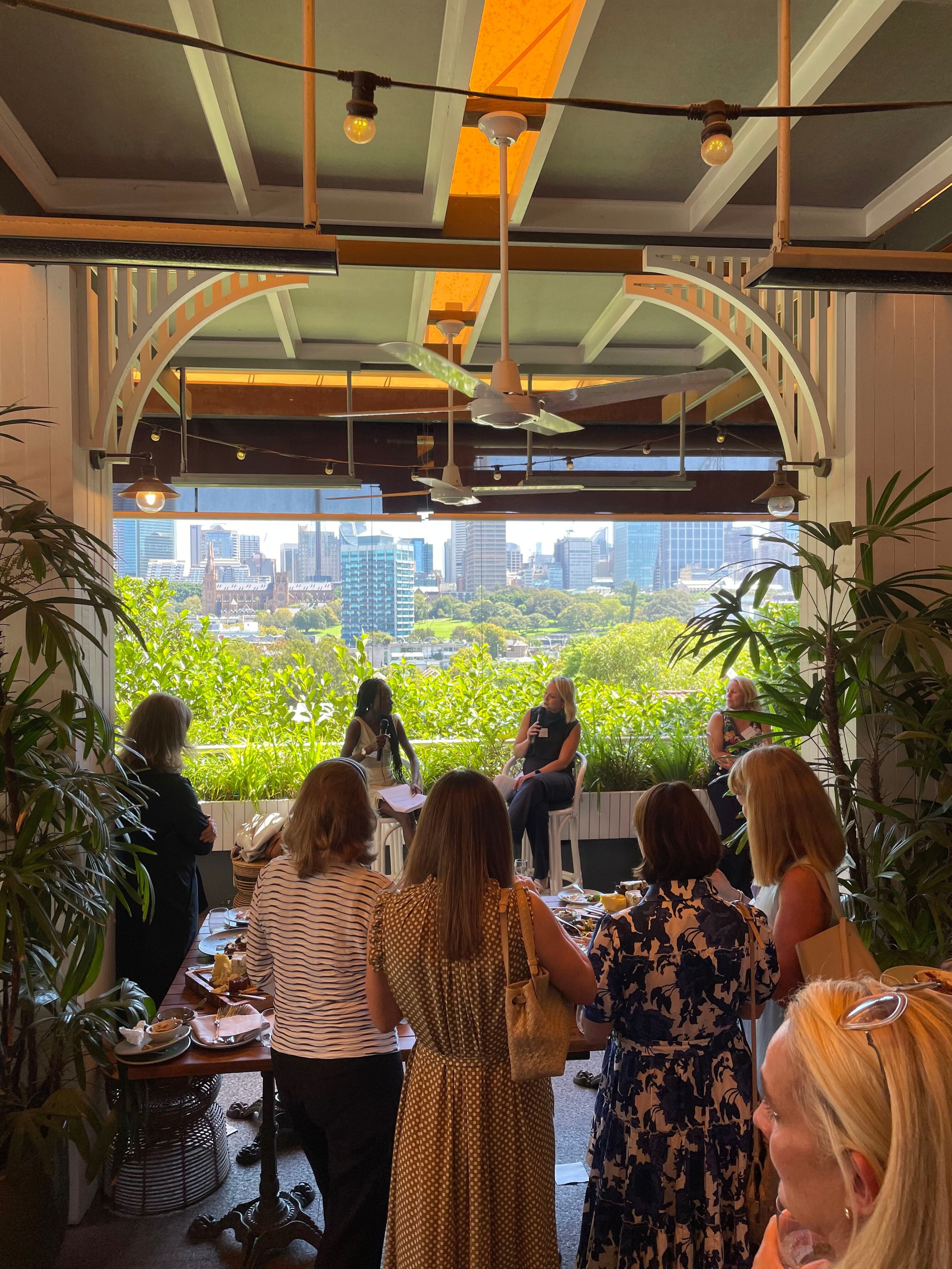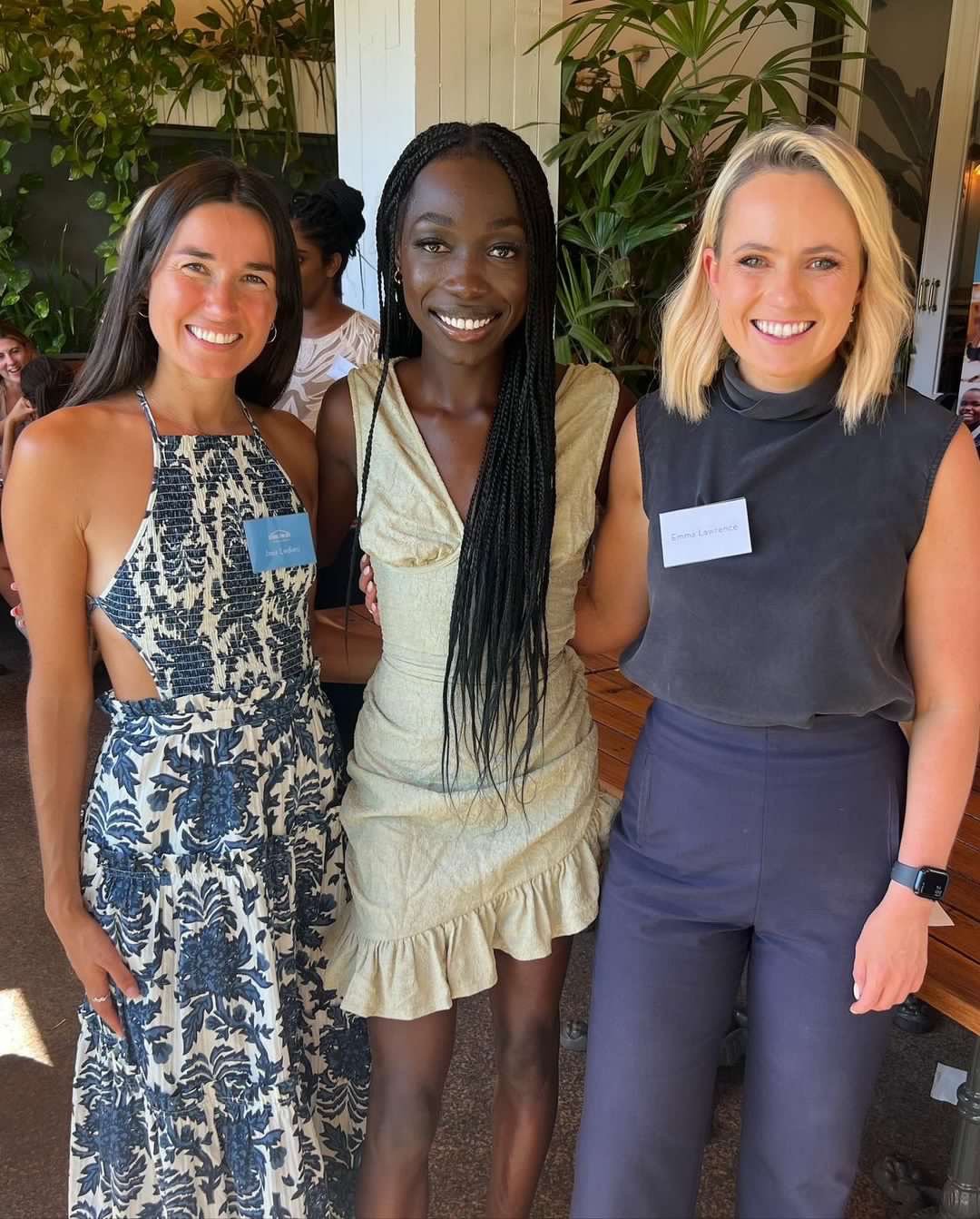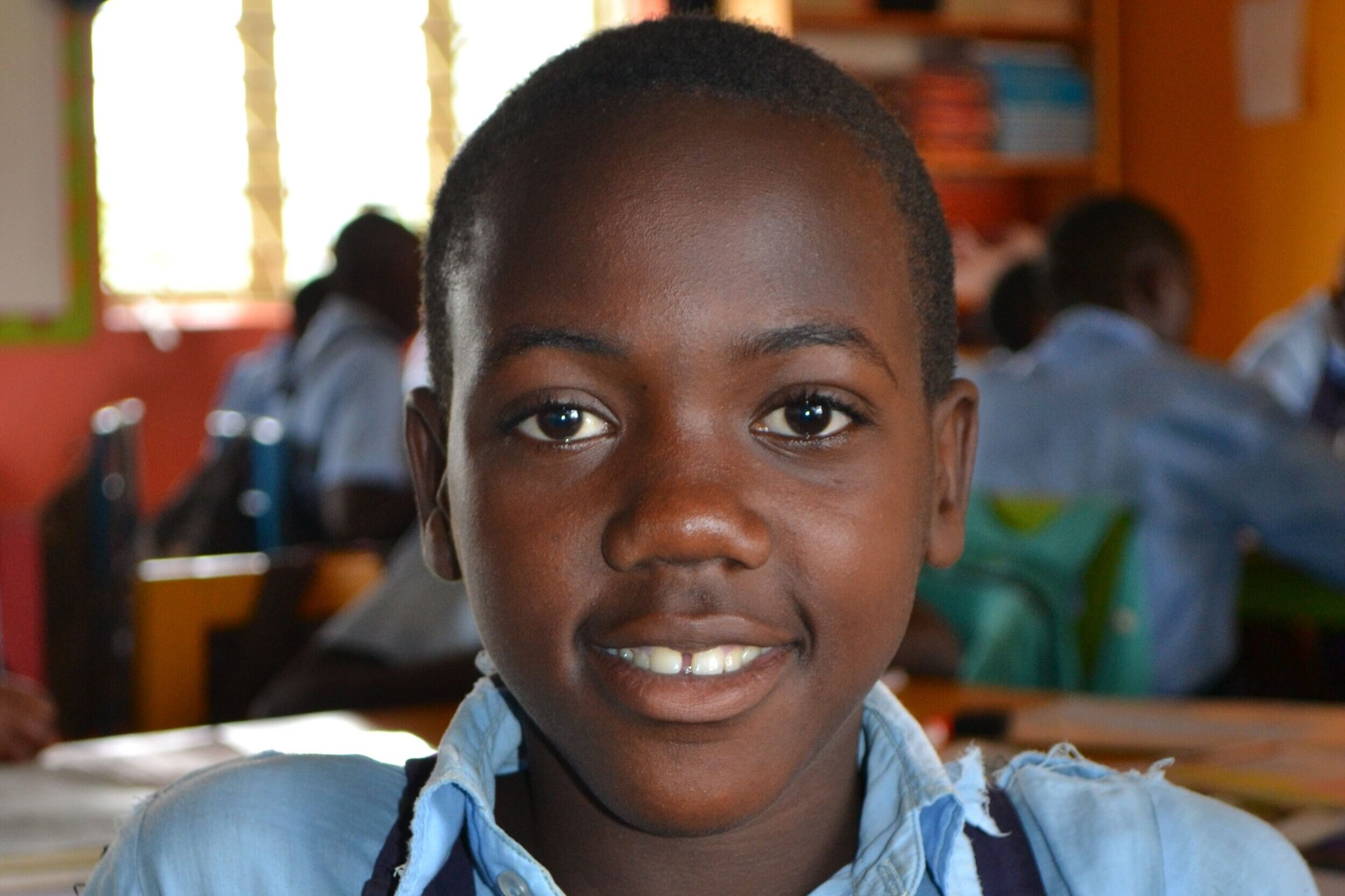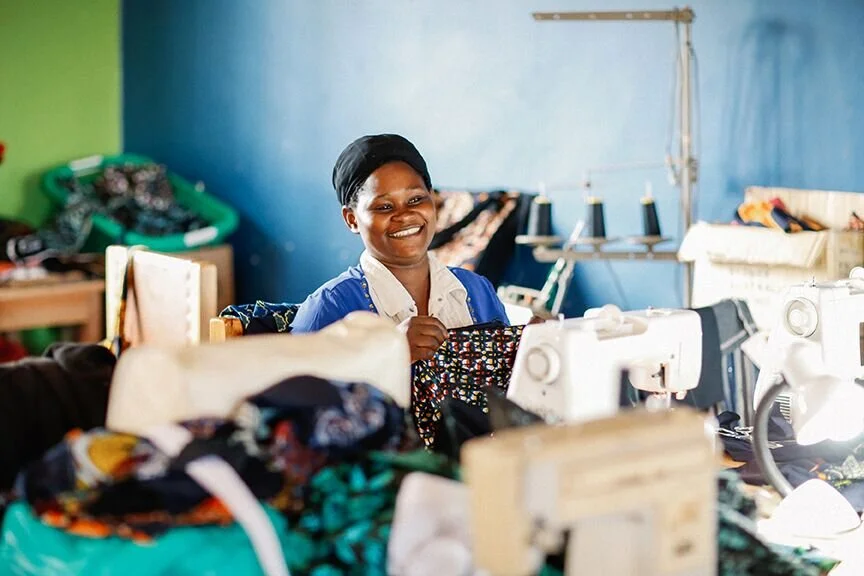We believe education is the key to creating equal opportunities for women and girls.
Educating girls gives them the skills and confidence they need to reach their full potential. And, in developing countries like Uganda, this can have a profound impact on their family and community.
An educated girl is more likely to invest her income back into her family and send her own children to school. This disrupts the intergenerational poverty cycle.
But cultural and social biases in Uganda mean girls face many barriers to accessing education. With unwanted pregnancies, early marriages and family responsibilities it can be challenging for them to stay in school long enough to pursue a career.
And the stats are startling: 4 in 5 girls who start primary school won’t progress to high school.
As passionate supporters of gender equality, we launched the School for Life Girls’ Fund in October 2020. We’ve already seen some fantastic results in the classroom - for the past two years the top-performing students were girls!
The Girls’ Fund reflects the need for innovative solutions to break down barriers and change gender biases. And we were so pleased to see this message supported by this year’s International Women’s Day theme: ‘Cracking the Code: Innovation for a gender equal future’.
To recognise this important global day, we held a ladies lunch in Sydney. Bendere Oboya, an Australian Olympic athlete, joined us to share her inspiring story with our guests.
It also prompted us to reflect on some of the success stories we’ve seen at School for Life and how we’re helping to crack the code - both in and out of the classroom.
Equality for women at work
It’s well known that even in developed countries women are often underrepresented in management and leadership roles.
At School for Life both men and women have the opportunity to thrive and progress in their careers. The current management team is female-dominated and is led by our dedicated Country Director, Brenda Isingoma.
Supporting women in the workplace also means supporting them during motherhood. Employers in Uganda often discriminate against women who are pregnant or breastfeeding. At School for Life all female staff have access to paid maternity leave as well as breastfeeding breaks when they return to work.
And a gender equal workplace doesn’t only benefit the staff.
Surrounding the students with inspiring female leaders and role models encourages them to question gender-based norms and shows them what they can achieve in the future.
School for Life also empowers women in the wider community through vocational training programs. These initiatives help uneducated and unemployed women become financially independent, which can help to reduce cases of domestic violence and enable more children to stay in school.
One of these initiatives is Kumi. Kumi employs 10 local women who run training courses to teach women how to sew. They learn valuable skills that can be used to generate an income for their family.
Namatovu Teddy joined the program in 2013. “During my time within the program, I have developed tailoring skills that have helped me pay school fees for my three school-going children,” she says.
A mother of five children, she was sadly widowed in 2017 when her husband died in a car accident. The Kumi program means she has a sustainable way to provide for her family long into the future.
“I plan to start up a small tailoring business and I recommend every woman out there to pick up a skill rather than wait for a free handout from the government or well-wisher.
Supporting girls’ health and well-being
To give girls equal access to education, they need to belong to a culture that promotes and supports them in all aspects of their life.
One of the initiatives supported by the Girls’ Fund is the Menstrual Hygiene Management (MHM) program, launched in late 2021.
Studies in Uganda have shown that girls miss over 10% of school days every year due to menstruation. This impacts their health and well-being as well as their academic achievements.
Last year, School for Life’s MHM program produced and distributed 2,500 menstrual hygiene kits to women and girls in the schools and the local communities.
Since Shamirah Nakitto, a senior at Mbazzi Riverside High School, received one of the kits she has found life a lot easier.
“Because of the reusable pads, I am able to play football without a care in the world, which makes me happy because I can do anything,” she says with a smile.
Another initiative that is having a positive impact is the mentoring program. The sessions equip girls with the knowledge and practical skills to help them adopt and maintain healthy behaviours.
This was especially vital after the pandemic, which saw an increase in school-aged pregnancies.
“At the end of the school closures in January 2022, I returned to school and actively participated in the Girls’ mentorship programs,” Nabisaso Cissy, who is 19, tells us.
“With each session, I was helped to regain my focus in life. I learnt how to set SMART goals and how to develop strategies to achieve them. Being a beneficiary of the Girls’ mentorship program is very significant to me because it has helped me realize that I have a purpose in life and I am worthy.”
We’re excited that the program is running again this month. All new female students at School for Life will receive guidance on topics such as independent living, personal safety, sexual reproductive communication and relationship skills.
Championing girls in sport
It’s not common for Ugandan girls to participate in sports such as soccer. But at School for Life, we believe all students deserve the chance to achieve their dreams.
Maureen Najjemba is a student at Katuuso Primary School and last year represented the school’s under-12 girls’ soccer team at the district level.
“My passion for soccer started as early as five years old,” she says. She now plays as a striker and hopes to one day join the women’s national team the “She Cranes”.
“I love playing football because it gives me the chance to make new friends, keep my mind busy and have fun responsibly,” she says.
Playing sports is a great way for girls to get exposure to the world and build their confidence.
As Katuuso Primary School teacher, Jesca Nansove, explains “Sport is a great platform for Ugandan girls to express themselves freely. It helps girls to believe in themselves and know that they can do anything they put their minds to.”
And Maureen sums this up nicely, “My advice for young girls out there: No dream is too big to achieve.”
Celebrating International Women’s Day
Inspired by the idea of equality for women in sports, we invited Australian Olympian Bendere Oboya to be our guest speaker for this year’s International Women’s Day lunch.
Bendere competed in the 2020 Tokyo Olympics and is the second-fastest junior 400m sprinter in Australian history.
Our 50 guests gathered on Wednesday 8th March in Potts Point, Sydney, for an uplifting afternoon of networking and inspiring stories.
With the city skyline as a backdrop, Annabelle, School for Life’s CEO and Co-founder, welcomed guests with an overview of our journey so far and how the Girls’ Fund is changing lives in Uganda.
Interviewed by the wonderful Emma Lawrence, Bendere, who is originally from Ethiopia, then shared her story of determination and resilience and her hopes for young women into the future.
Bendere believes that it just takes one woman, one girl to make a change, to stand up against the norm and inspire other young women and girls to do the same.
Education creates a ripple effect. Each additional year of schooling can raise a girl’s future earning power by up to 25%. She will typically reinvest 90 percent of this income into her family and is more likely to send her own children to school, thus helping to break down the intergenerational poverty trap
Supporting girls’ education will not only change her life, but her family, community and country, breaking the cycle of poverty. Be part of the solution by donating to our Girls’ fund today.



